Home » Research teams
Team 1: Pr. Chistian JORGENSEN, e-mail: christian.jorgensen@inserm.fr
Team 2: Dr. jean-Marc LEMAITRE, e-mail: Jean-Marc.lemaitre@inserm.fr
Team 3: Dr. Florence Apparailly, e-mail: florence.apparailly@inserm.fr
Team 4: Dr. Martin Villalba, e-mail: martin.villalba@inserm.fr
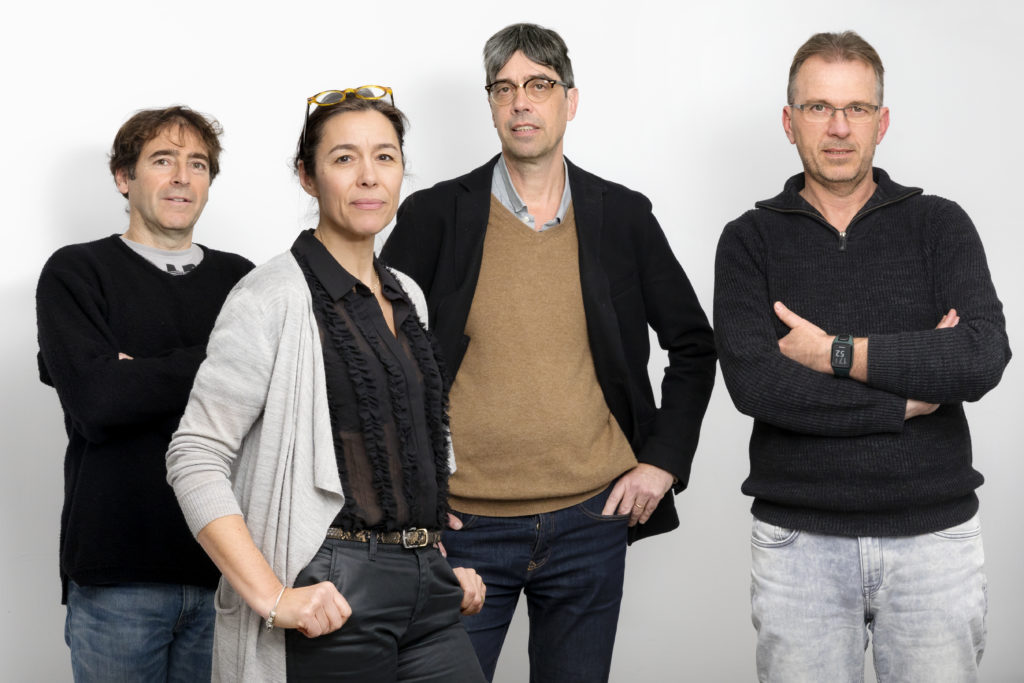
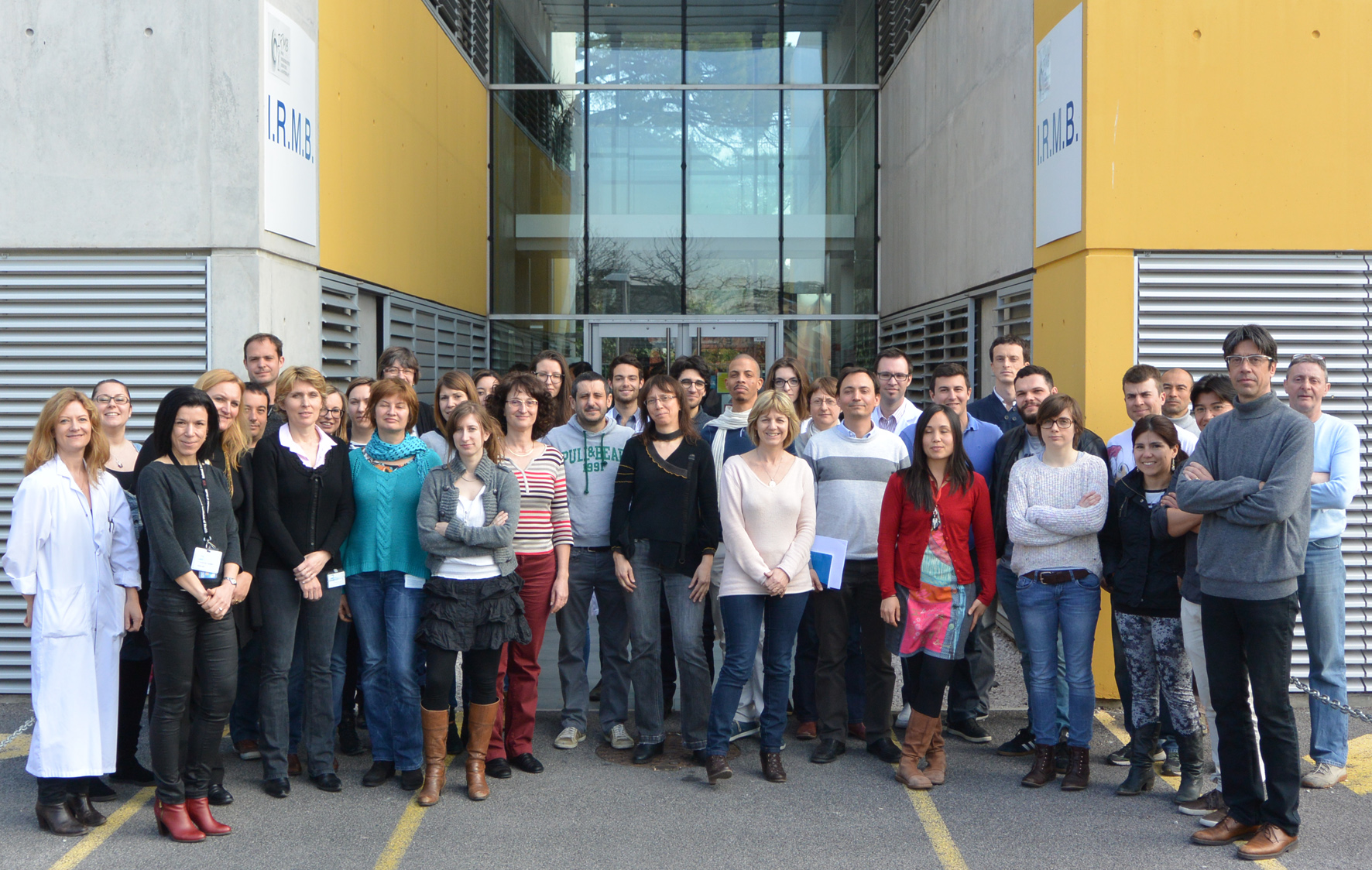
Rheumatic and musculoskeletal diseases (RMD) result in reduced mobility and have a high impact on health and quality of life. In 2020, 100 million Europeans will suffer from osteoarthritis (OA), degenerative disk disease (DDD), rheumatoid arthritis (RA). RMD have a high medico-economic impact related to chronicity and disability. Therefore, patients with early-onset disease must be identified to propose efficient therapies, and innovative treatments are needed. Development of regenerative and rehabilitation medicine for restoring mobility and function in tissues requires a coordinated effort between scientists, engineers and clinicians. Importantly, full rehabilitation may need for proper association of innovative regenerative stem cell biology, imaging as well as rehabilitation.
Scientific objectives:
Group leader: Danièle NOEL
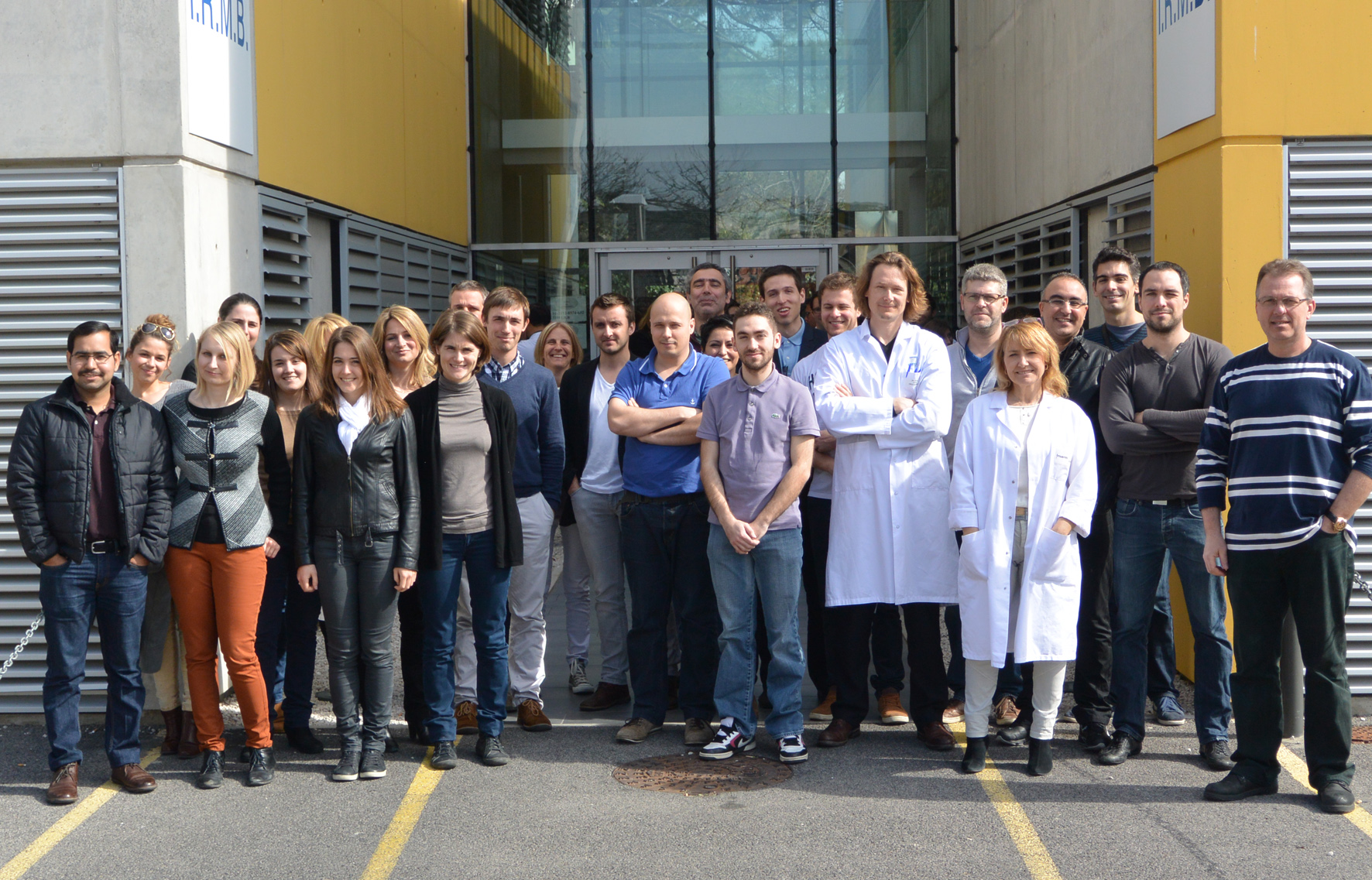
The global project of the team is to explore basic genetic and epigenetic mechanisms underlying tissue regeneration, a process that takes place from early development through the entire lifetime and decreasing in the elderly. We aim to unravel and to manipulate age-related molecular pathways for efficient somatic cell reprogramming and to apply this knowledge to rejuvenation of cell physiology and improve tissue regeneration in chronic and aged related diseases, which is a major objective of regenerative medicine.
Mutations in genes involved in DNA metabolism or nuclear architecture can cause premature aging syndromes. Moreover, epigenetic modifications are associated to cellular aging and senescence leading to a “chromatin related aging memory” revealed by specific gene expression signature in stem cells, progenitors or differentiated cells. However, we showed recently that altered cellular aging/senescence physiology is reversible using a specific reprogramming strategy, through an induced pluripotent state. This indicate that it should be possible to modulate the aging process by interventions at the level of critical genetically and epigenetically-regulated networks. Although induced Pluripotent Stem Cells (iPSCs) exhibit the main biological features of hESCs, numerous hurdles need to be overcome for therapeutics applications, like accurate genetic diseases modeling or to obtain iPSCs at clinical grade for cell therapy. This includes specific developments to ensure genetic and epigenetic stability, during reprogramming responsible for some of the differences observed between hiPSCs and hESCs, so far demonstrated to generate cellular stress and senescence by themselves.
The project of the team is to explore genetic and epigenetic mechanisms involved in physiological and pathological cellular aging/senescence and its reprogramming. We will integrate different levels of analysis, from DNA sequence to local chromatin organization and to nuclear architecture to evaluate the limits of the cell plasticity in terms of genomic stability and genome organization during aging and rejuvenation from human cells.
Axis 1: To explore the epigenetic control of stem cell reprogramming in senescence/ ageing
Axis 2: To understand the origin and the nature of the DNA lesions occurring in hPSC
Axis 3: Developing human developmental age related disease models using induced pluripotent stem cells reprogramming.
Taking advantage of the expertise of our group on stem cell reprogramming from senescent and centenarian human fibroblasts, the SAFE-iPS platform from the INGESTEM project (directed by Jean-Marc Lemaitre) will offers a complete service to reprogram human cells and provide fully qualified iPSC to the medical and research community.
The team project is organized in different axis harboring specific objectives:
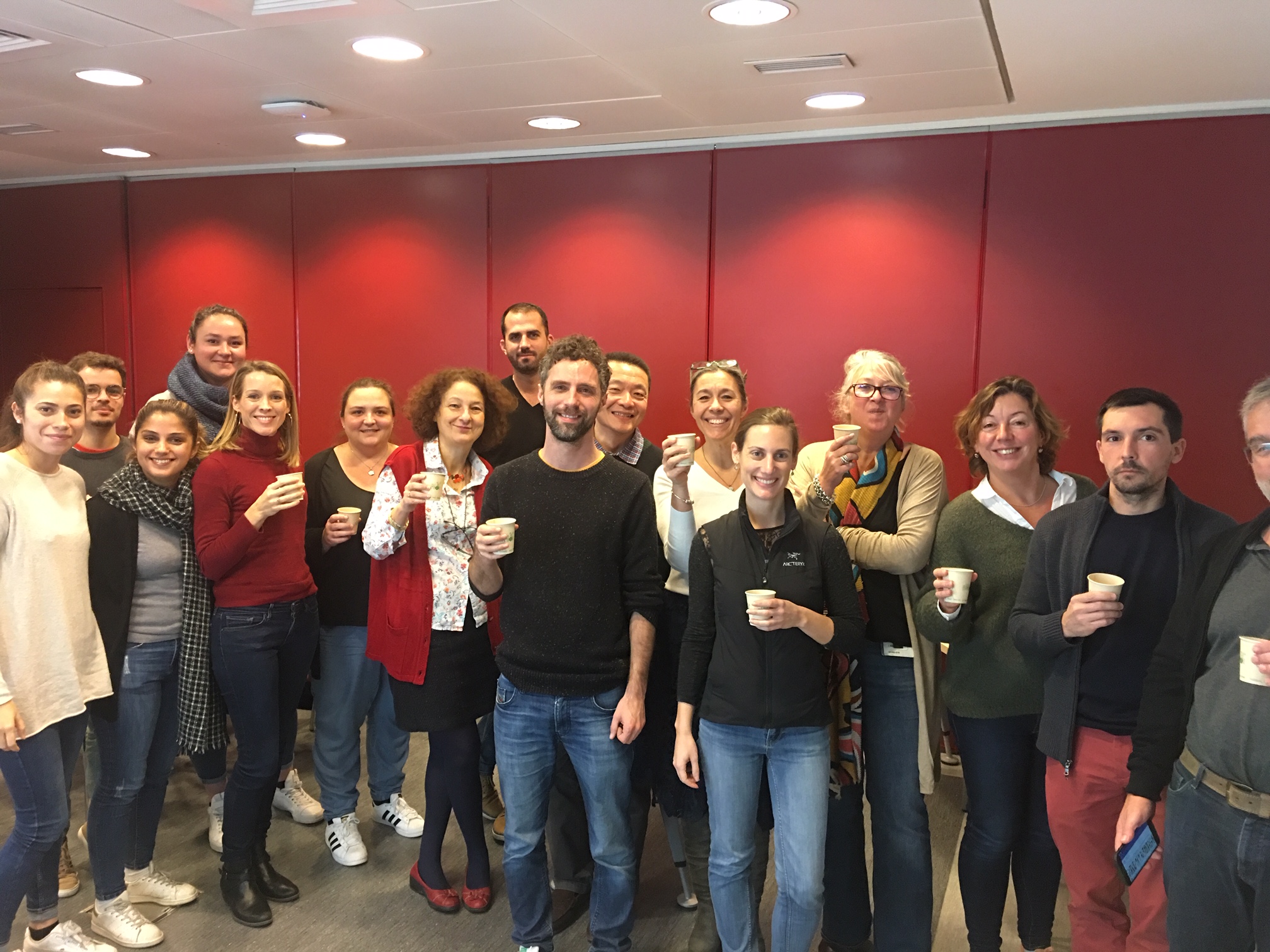
Our team aims at studying inflammation and immunomodulation in dysimmune chronic conditions. Gathering geneticists, clinicians and biologists, we wish to unravel heterogeneity and function of immune cells in the context of tissue inflammation driven by autoimmunity, infection and cancer.
We organize our common objective around 2 axes:
Axis 1: Study the pathophysiological mechanisms of chronic inflammation
We aim at identifying molecular and cellular mechanisms involved in the triggering, chronicity and resolution of the inflammatory response by focusing on genetic factors and immune cell subsets displaying homeostatic functions (Treg and myeloid cells) in autoimmune and autoinflammatory disorders characterized by chronic joint inflammation.
Axis 2: Understand the development of physiological immunomodulation to develop targeted immuno-therapies
Monoclonal antibodies (mAbs) and derived molecules (bi-specific Ab, nanobodies, Fc-fusion proteins, armed and/or genetically modified mAbs) form the main class of biotherapeutic molecules. They have come into force in the arsenal of therapy against pathologies associated with dysfunction of the immune system, such as cancer, infections, autoimmune and autoinflammatory disorders. We aim at addressing fundamental issues related to mechanisms of Ab-mediated immunomodulation in different pathogenic situations and at developing innovative therapeutic strategies.
Biography
After a master degree in cell biology and physiology (1st class honors) at the university of Tours (France), I was trained at the French National Institute of Agronomy (INRA) of Nouzilly (France) and obtained a PhD in physiology of reproduction at the university of Paris VI (1st class honors) in 1993. Then moved to US to study the cytokines and JAK/stat signaling pathway in reproduction at the Rockefeller university (New York). I joined Pr Jorgensen in Montpellier (France) in 1997 to work on the pathophysiology of rheumatoid arthritis and to develop anti-inflammatory strategies based on gene therapy approaches. Then I got interested by RNA interference and focused my research on identifying key cellular and molecular mechanisms involved in the regulation of inflammation, with a specific interest in microRNAs and monocytes/macrophages. I was recruited at INSERM in 2001 and since 2015 I lead an INSERM team of 30 people on inflammation and immunotherapies.
Twitter: @apparailly_lab
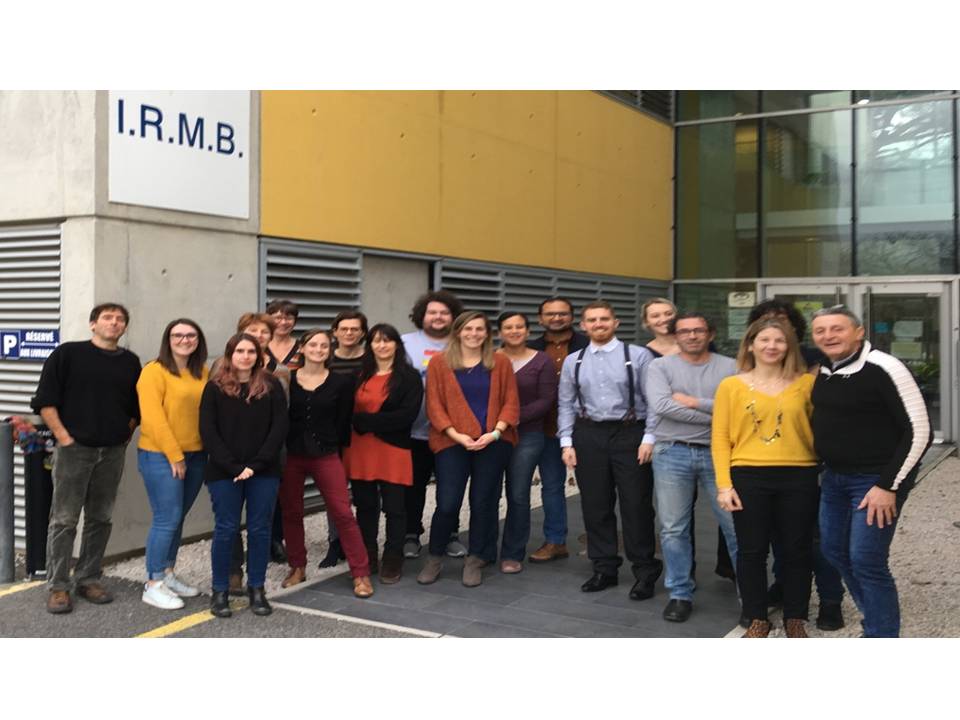
Leader Martin Villalba
Our team currently develops basic and translational research on lymphocyte responses and immunotherapy. Since 2015, we originally focused on understanding the molecular mechanisms and cellular interactions responsible of the efficient activation of anti-tumor and anti-selfcytotoxic lymphocytes (CLs). We uncovered how these effector cells behave in vivo and how they are modulated in the target cell microenvironment, especially how diverse metabolism on targets affects CL reactivity. The final goal of these studies is to design new CL-based immunotherapeutic strategies for cancer and autoimmunity. Notably, some of our proposed strategies have been protected generating a private company that is close to reach the clinic. From 2017 we have enlarged our studies to donor specific antibodies (DSA) and their role in antibody-mediated rejection after kidney transplantation, e.g. the role of NK cells on mediating rejection in this subject. In 2021, we will include in our studies liver transplantation and regeneration. In particular how hepatic metabolism, including toxic compounds, induces stress and affects immune interaction with resident liver cells. Our research allows us to generate new biotherapies and design new immunotherapies. This has gathered a large number of collaborations with private companies to develop common projects that are also in process of reaching the clinic.
Adresse
80 rue Augustin Fliche
34295 MONTPELLIER
Email
contact-irmb@inserm.fr